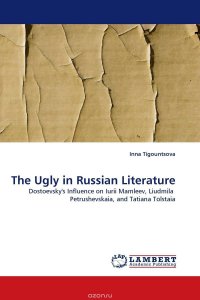Yurii Mamleev''s “necrophiliac variant” of the Underground is the starting-point for Tigountsova''s “third way” in Russian prose. This is an a-Soviet way (neither pro- nor dissident), connected to the paradox of Russian space – which goes on forever, even though every human being seems cramped and stuck away in corners or prison cells. Tigountsova is good with this parameter. As she notes, “even the metaphysical is cramped.” Mind, house, homeland are analogues of one another. Why do walls constructed to contain space in the mind /house /homeland of Russia and Russian literature so rarely lead to coziness, manageability, efficiency, but instead to demonic possession through crevices and shabby yellow wallpaper? In Tolstaia and Petrushevskaia, this focus on distorted, deprivatized yellow space creates a sense of vulnerability and terror. Full of observations on color and insect symbolism, her study ends with provocative inquiries into Dostoevskian post-modernism as the physically ugly... Это и многое другое вы найдете в книге The Ugly in Russian Literature (Inna Tigountsova)
The Ugly in Russian Literature Inna Tigountsova
Подробная информация о книге «The Ugly in Russian Literature Inna Tigountsova». Сайт не предоставляет возможности читать онлайн или скачать бесплатно книгу «The Ugly in Russian Literature Inna Tigountsova»
